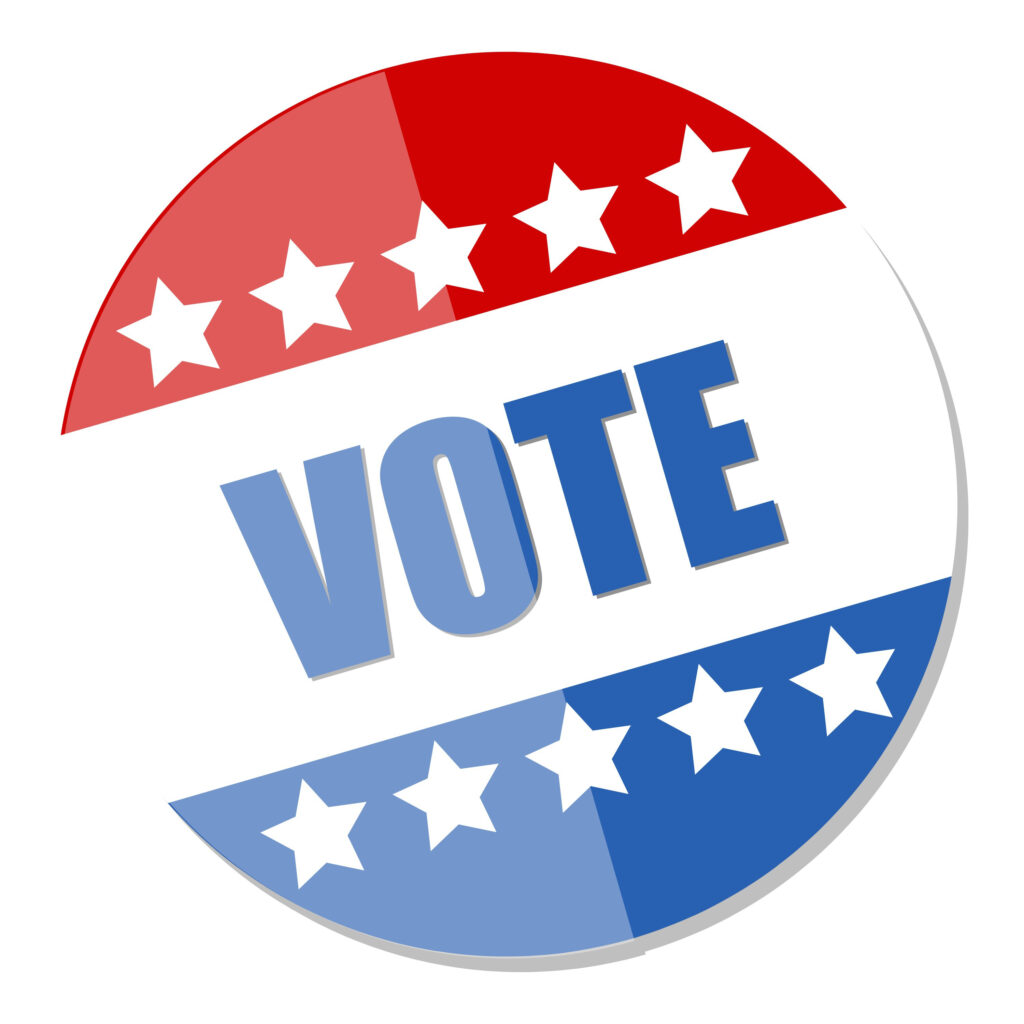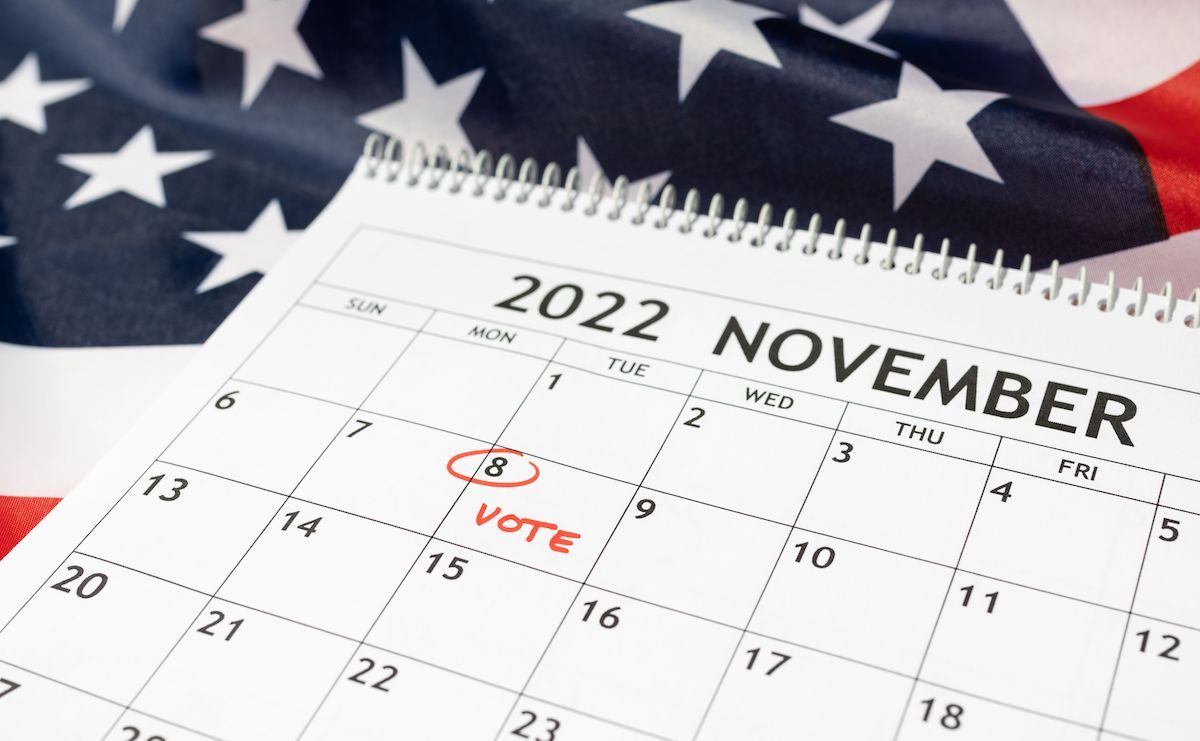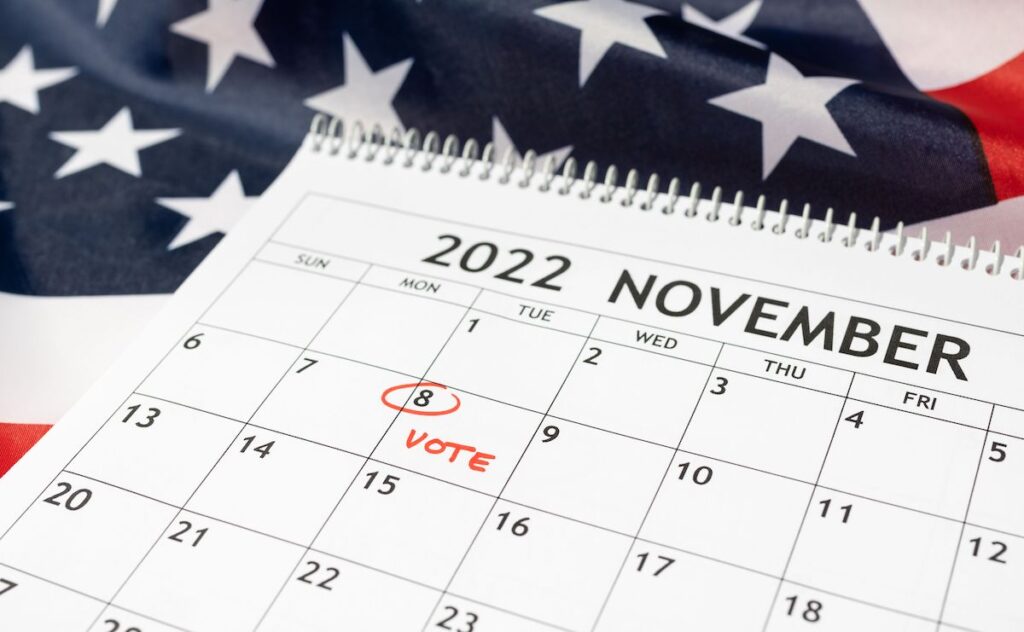Nancy Turner to Run for Warren County Supervisor in the City of Glens Falls, Ward 3

Nancy Turner, a Democrat of Glens Falls, NY, announced that nominating petitions have been filed with the Warren County Board of Elections to secure a ballot position for the upcoming Democratic Primary. Mrs. Turner, who is the endorsed candidate by the Glens Falls Democratic Committee, stated “Glens Falls needs strong advocacy for the City at the Board of Supervisors,” which is her major reason for running for office at this time.
“When I was walking door to door, I spoke with many individuals about their interests and needs. During the petition process, I learned that I live in a very diverse community, and am looking forward to having more conversations with my constituents,” Turner said. The election will be held June 27th, 2023.
“I am running for County Supervisor to use my planning, organizational, communication and business skills at the Board of Supervisors. Over the years, I have worked with many City officials and local business owners. I am proud to have earned their respect and friendship and plan to leverage those relationships as a County Supervisor. Glens Falls needs strong advocacy for the City at the Board of Supervisors. I plan to continue the good work of our current Supervisor Claudia Braymer in the areas of improved environmental policies, funding for the needs of Glens Falls, keeping down County taxes for our City taxpayers, and improving County services for City residents… I have been meeting with Supervisor Braymer for months so that I can hit the ground running as our next Supervisor. I reside in Glens Falls and have a strong professional history in hospitality, administration and communication. My skills as a business leader will benefit my political race and will enhance my strong commitment to my community… I have been very active in Glens Falls, volunteering my time with the Glens Falls Collaborative Board of Directors, (of) which I am currently President. I work with many people across the City on programs and activities that benefit the City and its citizens,” Turner said.




